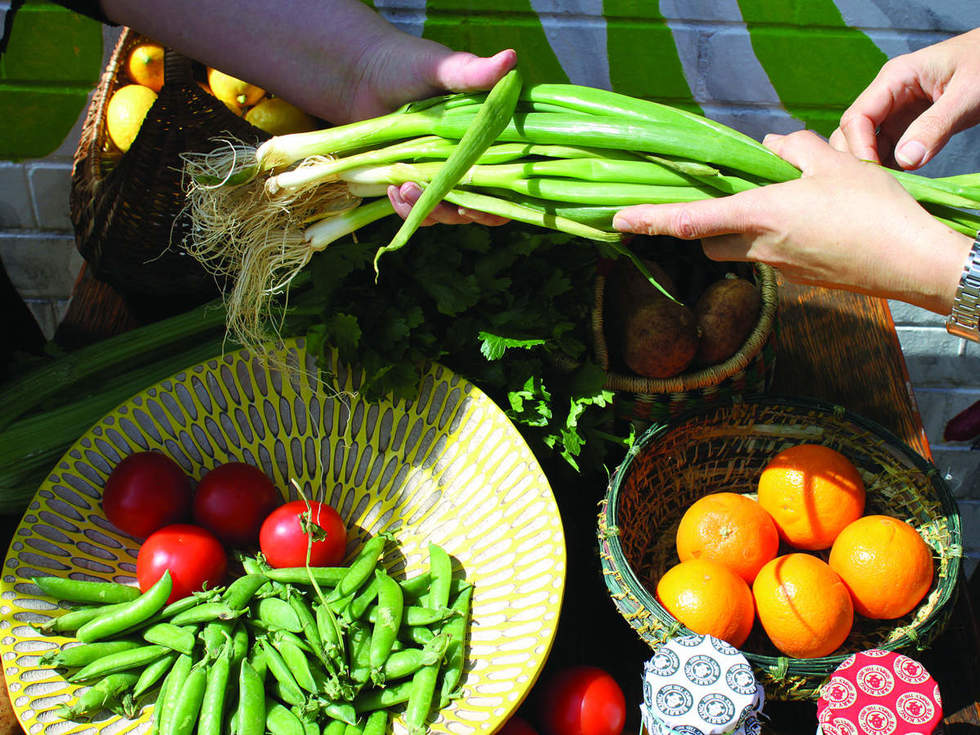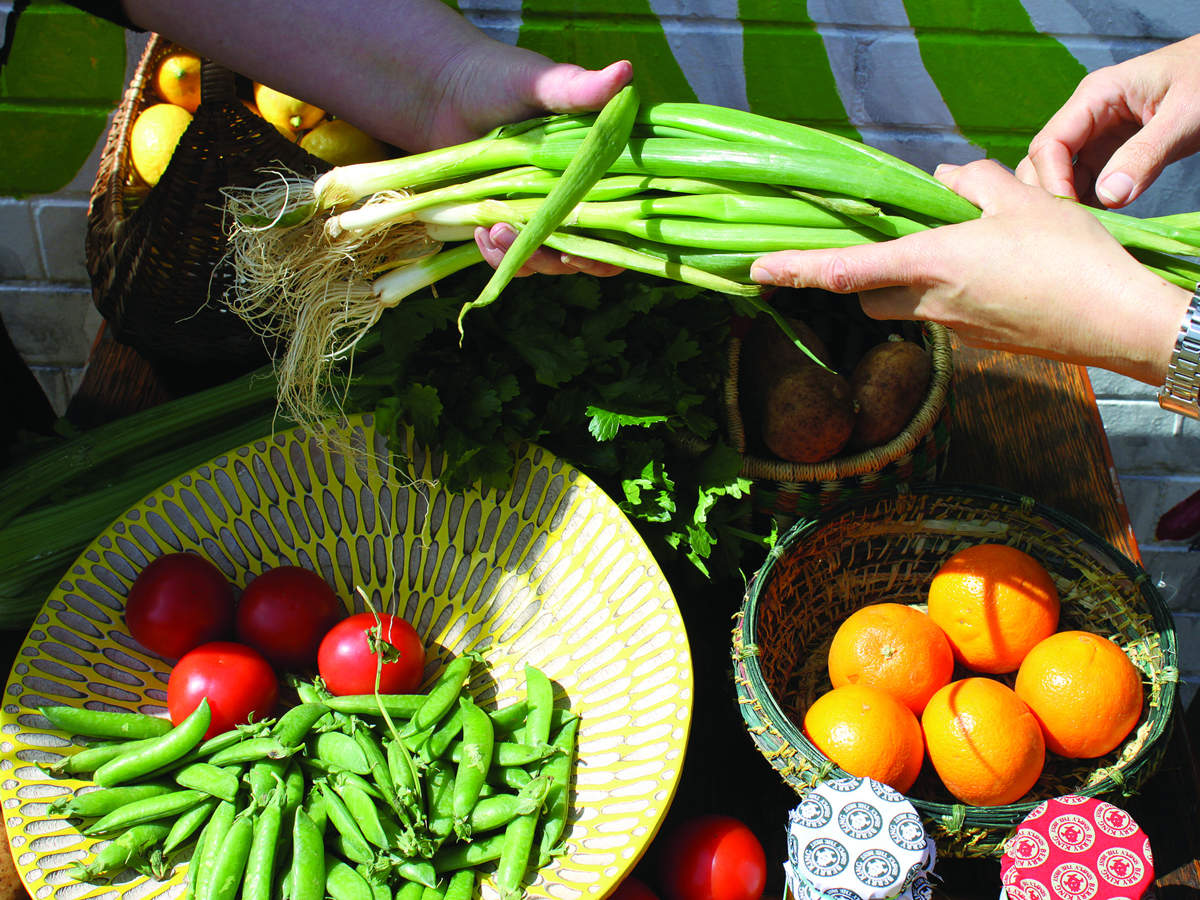
Seasonal shopping
Food that is not in season has usually travelled huge distances to get to us. A typical selection of the foods we buy in Victoria has travelled an estimated 21,073 kilometres (Environment Victoria).
This means that the food will likely not be as fresh, be more expensive, and will have large amounts of carbon emissions associated with its arrival on the supermarket shelf.
The benefits of seasonal shopping
- Seasonal produce is abundant, tends to cost less, and has reduced transport and storage costs and carbon emissions.
- By choosing to buy seasonal produce, you are choosing food for your family that has vivid colour, is full of nutrients and bursting with flavour.
- Buying seasonal foods supports local growers and producers and keeps Australian farms thriving.

Out-of-season produce
By comparison:
- Out-of-season produce is harvested early to ensure it does not rot before reaching market. While this means that the food might look good when you buy it, it actually hasn’t had enough time for taste and nutrients to properly develop.
- Out-of-season produce must also be transported long distances from the farm to market. This results in lots of greenhouse gasses from its transportation. These foods often need to be refrigerated too, using more energy and producing additional emissions.
- Depending on the produce, packaging may also be required to protect it on its journey to market. Further energy, water and resources are needed to produce this additional packaging, which often ends up in landfill.
How do I find seasonal produce?
A great place to start when selecting seasonal produce is your local greengrocer or farmers market. They will know not only what is in season, but also what is good quality (or not) this year. You can also check the Melbourne page of the seasonal food guide Australia for a list to suit the local growing season.
There are 3 farmers' markets in Bayside:
- Black Rock Farmers' Market: held on the 2nd Saturday of every month, at Royal Avenue, Sandringham, 8am - 1pm.
- Beaumaris Farmers' Market: held on the 3rd Sunday of every month, at Beaumaris North Primary School,
Wood Street, Beaumaris, 9am - 1pm. - Bayside Farmers' Market: held on the 4th Saturday of every month, at Trey Bit Reserve, 8am - 1pm.